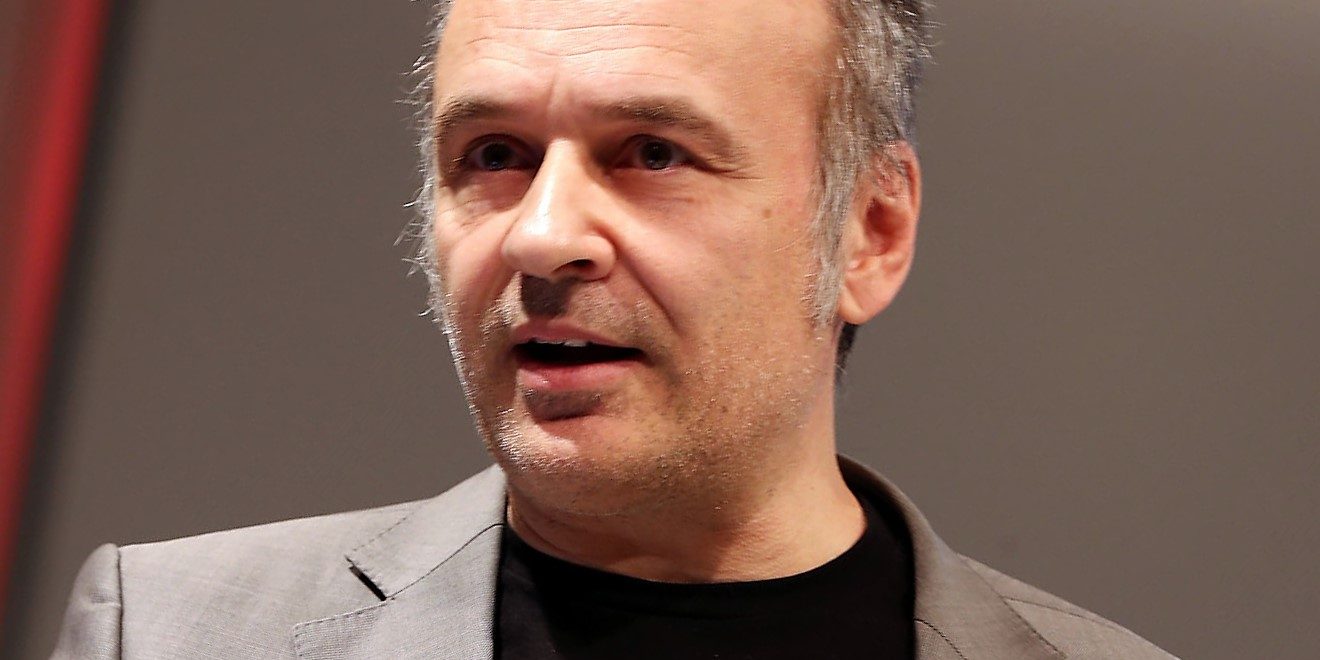
Over the past years, several questions have been asked about the role of the advanced manufacturing in our future society and about the changes coming from the latest innovations and the so called 4.0 technologies, the artificial intelligence, the automation and the robotics that reshape industries and jobs.
The Skillman members have identified an increasing urgency to understand the new needs of skills related to the development of the manufacturing enabled by the digital technologies and by these latest advanced systems and processes and are aimed to discuss the impact and the characteristics of these changes.
Our young community of experts, academics and practitioners nurtures a simple but crucial reflection about how the TVET organisations, and the world of education in general could help to make the future workers, the today students, able to perform, understand and act like antibodies in protection against the possible misuse of these most recent technologies, of the increased capacity of calculation and communication and finally also of the facilitated access to relevant and concentrated energies and powers that altogether, with the presence of new materials, draw unexplored scenarios and create unknown risks.
I have personally identified, in the last years, at least two most relevant challenges that motivate me to contribute to the skillman mission and one great opportunity given by these two own challenges: by one side, we felt the need to make not leaving anyone behind in accessing to the AM skills, because this gap of a diffused knowledge and capacities promises to increase an evident distance among the more developed welfare society or developing countries and the last underdeveloped economies. The Skillman Secretariat, to bring to life this concept, has recently started various collaborations with Ministries of Education, Universities and TVET centers in Madagascar, Nigeria, Nepal etc.
In the other side, we have seen a relevant need to embed, with a solid and consistent arrangement, the ethical skills in the AM skills sets to distribute the power of control at the lower level. The Skillman Secretariat and its members are engaged for this purpose, to define standards for skill needs anticipation and deployment, working on a skills foresight model and on the continuous design of a set of skills, procedures and curriucula through collaborations with various organisations and EU tools like the ESCO and ECVET Secretariats, the Cedefop, the Sefie and more other networks, national and regional authorities.
Given, for the TVET systems, the early nature of the Industry 4.0 skills scenario, the opportunity for the Skillman.eu members is to create and diffuse an innovative and sustainable model of intervention that is good for the future generations prosperity and that could represents the base for promoting a specialised ethical approach to the 4.0 skills development.
But the future generations prosperity also depend by the availability of a decent employment, so our challenges and opportunities bring to several more questions:
- what could be the consequences of a such TVET systems that would limit their intervention to just respond to the productivity demands, to the industrialization needs, to the modernity and consumption, without providing the future workers with the knowledge and the capacities asked for an equitable, peaceful and green society?
- who could pay the price of an army of workers willing to do whatever it takes to get a salary?
- What could be the cost for such a society and what could be the ultimate consequence for the planet?
All the Skillman Forums base their central topics around the more technical aspects of the “Curriculum design, Sectoral skills development and Ethical issues on Advanced Manufacturing sector” and base, around these topics, the reason of a technical debate that tends to generate innovation and know how coherente with the 4.0 challenges for the skills of tomorrow and for a sustainable, green and ethical development.
This year again our forum will take a holistic approach to continue a concrete debate about the skills anticipation exercise and the way how these emerging skills can be developed and sourced in a continuous approach of lifelong learning. We are keen to analyse the different types of skills that employers are looking for and how the TVET, education and training systems are responding to these challenges.
For our network, the SIF 2019 it’s again a great annual opportunity to reinforce and develop new partnerships and cohesion around our questions.
Who are the ones who can identify the skills for the future, how these information can be circulated, can how the skills can be acquired, what are the obstacles and the solutions available and many other questions are on the table.
It’s our conviction that it is good to foster the existing collaborations across countries to bring new ideas and solutions to life: our cross country approach, behind the EU borders, where the skillman.eu was born, it is at the heart of our mission and we look at a new way to improve our roles in the TVET systems engaging innovators, investors, companies, institutions and policy makers from every point of the global education chain, providing a platform for them to connect and work together for a more sustainable future.
We strongly believe that our multinational dimension, our cross-countries and cross-continents approach it is nowaday not an option, but an inevitable necessity.
Coming at the fifth year of the SIF, I am again particularly glad to welcome all of the participants for an interesting debate and interaction. I wish you the most successful experience.
Giovanni Crisonà
Skillman Leader